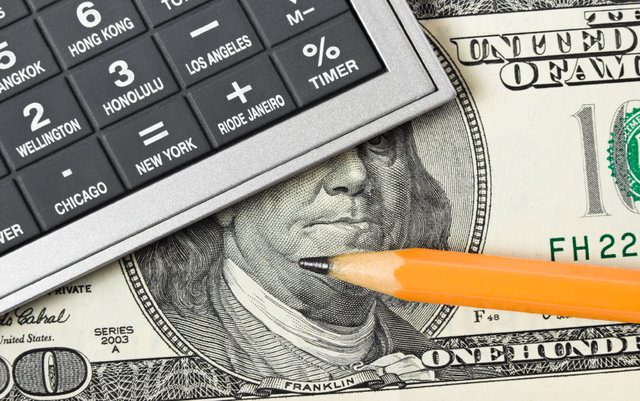A new report by Jeffrey Miron, the Director of Economic Studies at the Cato Institute, attempts to estimate how much positive impact nationwide drug legalization would have on federal and state budgets. The report is an update on similar research Miron published at Cato eight years ago.
When it comes to marijuana legalization, the report points out that “academics and the media tend to focus on how legalization affects public health and criminal justice outcomes,” but that “policymakers and scholars should also consider the fiscal effects of drug liberalization.”
The report goes on: “Drawing on the most recent available data, this bulletin estimates the fiscal windfall that would be achieved through drug legalization. All told, drug legalization could generate up to $106.7 billion in annual budgetary gains for federal, state, and local governments. Those gains would come from two primary sources: decreases in drug enforcement spending and increases in tax revenue. This bulletin estimates that state and local governments spend $29 billion on drug prohibition annually, while the federal government spends an additional $18 billion. Meanwhile, full drug legalization would yield $19 billion in state and local tax revenue and $39 billion in federal tax revenue.”
While in just about any other context $106 billion is a massive number, when you’re talking about the trillions that the states and the federal government spend each year, it’s a drop in the bucket, something prohibitionists are always quick to point out. And in the end, while it’s obviously much better to have $106 billion than to not have it, budgetary considerations are just one of the positive side effects of legalization.
Full drug legalization is a discussion that is really just getting started here in the U.S. It’s important to note that while cannabis legalization is a popular issue, an end to all drug prohibition is a long way from reaching the same point. And if drug legalization ever does get to that point, it won’t be because of budget estimates.
The logic behind drug legalization is the same as the logic behind marijuana legalization. Drug users are not infringing on the rights of anyone by taking drugs. Drug use may certainly lead to that, but there is no guarantee that anyone will have their rights violated by a drug user. Those who support drug prohibition will say that preventing the use of the drug in the first place will reduce the risk of future rights-infringing behavior, and while that is a debatable point, one thing is not debatable: prohibition does little to prevent people from taking the drugs that are deemed illegal by the government. So even if the underlying reasoning prohibitionists put forth were valid (i.e., attempting to stop future crime by preventing drug use), prohibition does not cause the desired results.






